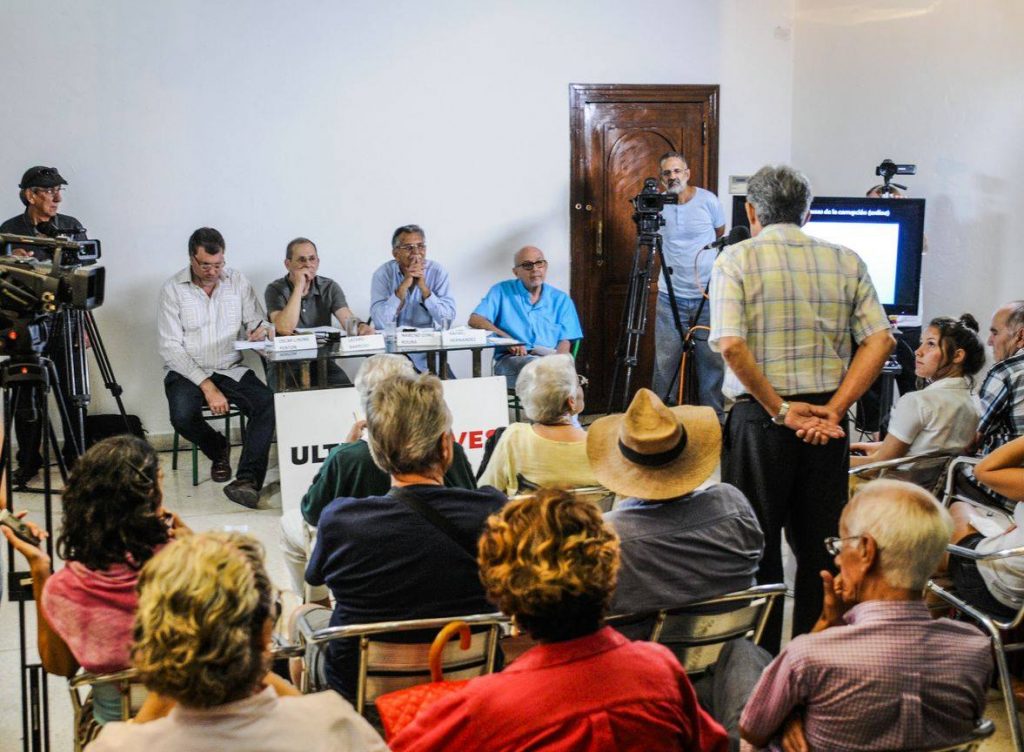Bad management of menstruation can affect the right to education, says Unicef
Carolina Gomez Mena
Newspaper La Jornada
Wednesday, May 25, 2022, p. twenty
Not properly managing menstruation affects the right to education of girls and adolescents, because some, especially in poor communities, miss school from one to four days a month.
On the eve of World Menstrual Hygiene Day (May 28), Viridiana Zamora, Unicef’s Water, Sanitation and Hygiene official in the country, stated that, according to a fund study, “43 percent of girls and Menstruating adolescents prefer to stay at home than to go to school, because at home they have a better opportunity to have better infrastructure and access to menstrual hygiene products.
This means that a girl can miss between one and four days a month, which throughout the entire school year translates between 10 and 40 days, and this has important effects on her school performance, and can even lead to dropout. school.
In the forum Essential conversations: challenges and actions for a dignified menstruation, Astrid Hollander, Head of Education at Unicef, added that menstruation must have a comprehensive approach: from health, well-being, gender equality, education and empowerment of women, girls and adolescents” and specified that this should not continue to be thought of as a private or personal
and specified that Unicef is working on the issue from a human rights approach
.
Regarding the latter, Zamora lamented that it is an issue that is still limited to the feminine, and is still private
and added that even among young women “there is still a lot of ignorance about menstruation, 37 percent of girls, adolescents and students mention that the information they have in schools is not enough
.
Palmira Camargo, vice president of communication for Essity (Swedish company) Latin America, called break down taboos and prejudices
about menstruation and said that only five percent of families discuss menstruation with their children, and 16 percent of young menstruating people have accurate knowledge on this topic
.
Melisa Guerra, from Digna Menstruation, highlighted that this physiological process is a human right, not a privilege
. Menstruation must be an element that contributes to substantive equality, and not a barrier to it
. He considered that they require public policies that are based on evidence
on this issue.

















